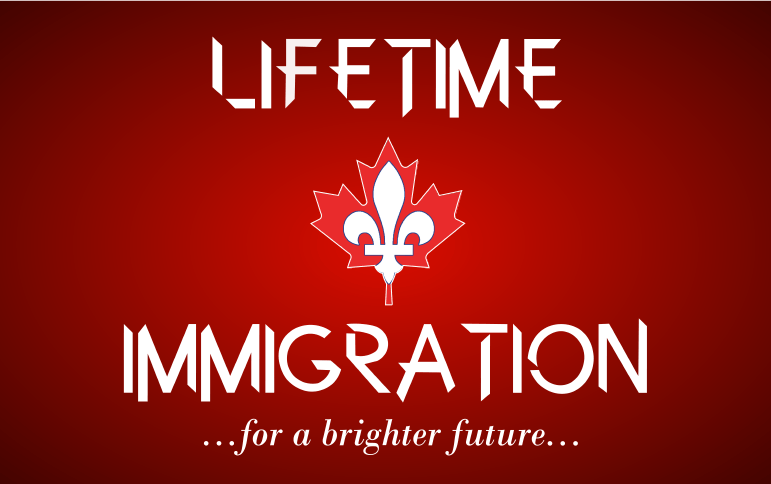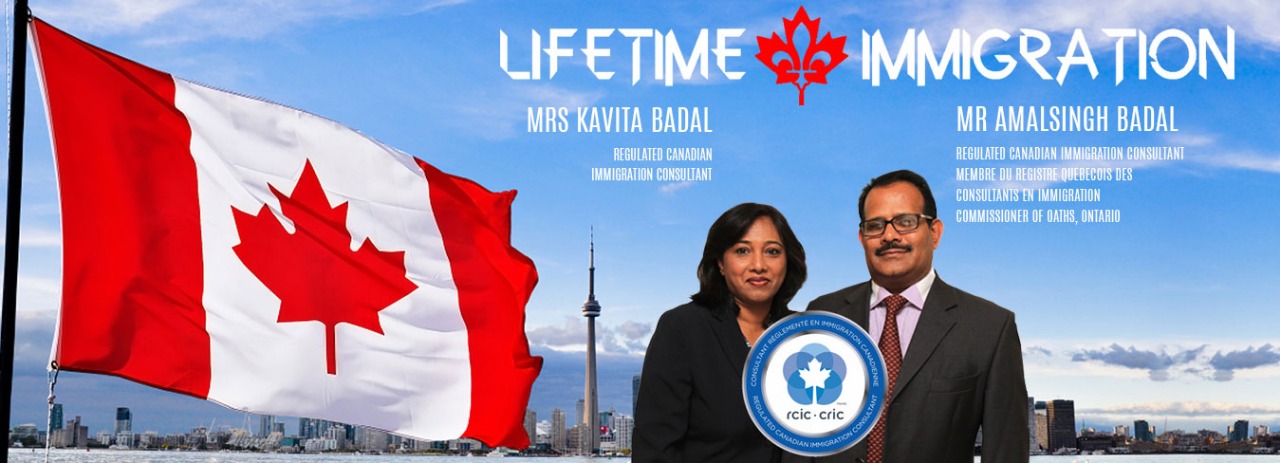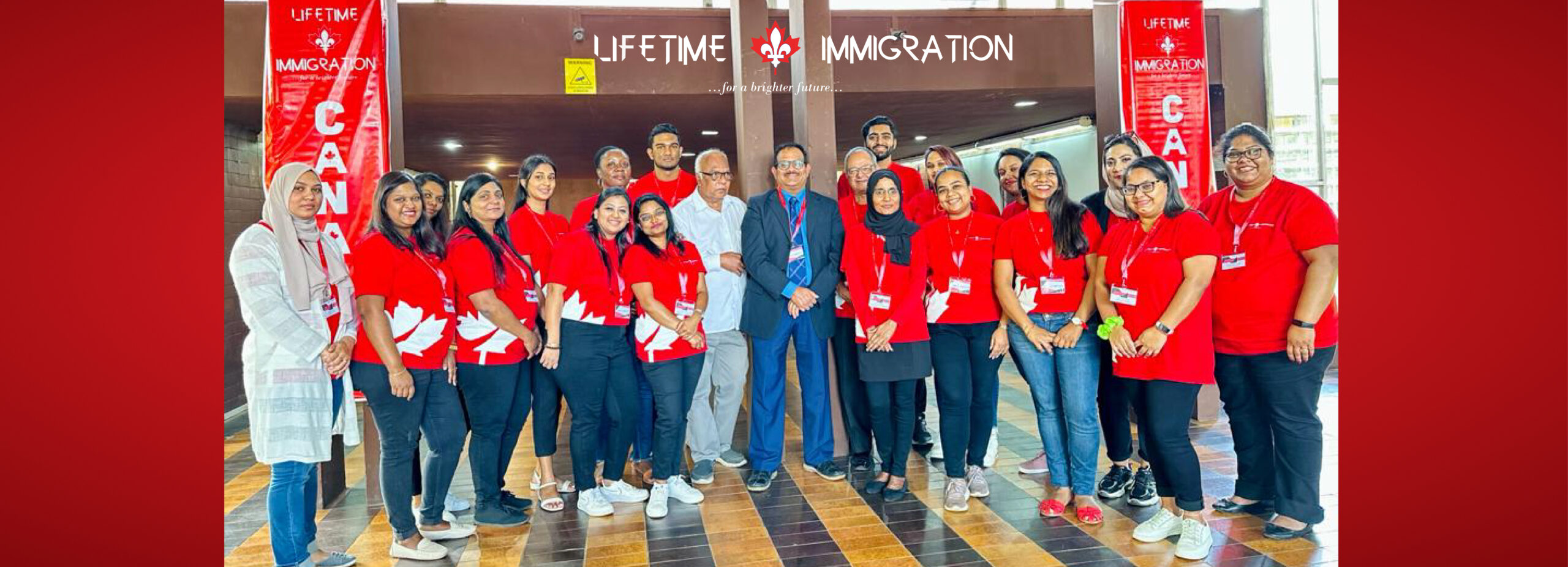Student services

More than 90,000 students come to study in Canada every year and even more come to Canada to learn English or French. Canada welcome foreign students’ knowledge and skills as they bring a rich culture to the classrooms. Education and schools are regulated by Provinces.
To study in Canada, you may need a study permit or a temporary resident visa, though not everyone must have these documents. Before you can apply for a study permit, you must have been accepted at a recognized school, university or college in Canada. There are many different types of schools and institutions in Canada. For more information and listings of schools, contact the organizations listed below for each institution type, or consult:
- Study in Canada
- The Ministry of Education
- Canadian Bureau for International Education
- Canadian Education Centre Network
Schools and institutions in Canada
Primary and secondary schools
These are schools that teach students up to the grade 12 level. Find out more information about schools from The Ministry of Education of the province in which you would like to study.
Post-secondary institutions (universities and colleges)
Post-secondary schools include colleges, universities and technical schools. Each post-secondary school has its own set of rules on how to apply, and decides what level of English or French you will need to be accepted. For more information on post-secondary schools, contact:
- Association of Universities and Colleges of Canada
- Association of Canadian Community Colleges
- Canadian Information Centre for International Credentials
Private career and vocational schools
Provincial governments do not necessarily regulate private schools. Make sure that the private school you apply to meets provincial education requirements.
Language schools
There are many schools in Canada that teach English or French as a second language. Make sure that the private school you apply to meets provincial education requirements. For more information about private language programs, contact:
Application for school, college or university
Once you have chosen a place to study you will need to apply to that school, college or university.
Note: Every school has different rules on how to apply and make sure you apply early for your course of study.
| Primary and Secondary schools | University and College |
| At least six months in advance | A year before start of studies |
Contact the school where you want to study to learn how to apply. They will give you the right application forms and be able to tell you about:
- the cost of applying;
- tuition fees;
- health insurance;
- rent and how much it will cost to live in Canada; and
- language tests.
Fill out the application form for the school or schools of your choice, and submit it according to the instructions provided. If the school admits you as a student, they will send you a letter of acceptance.
Note: You need a letter of acceptance in order to apply for a Study Permit.
Health insurance
The government of Canada does not pay for the medical costs of foreign students. Health coveragefor foreign students varies between provinces. Contact the school at which you are applying to receive more information about medical coverage and health insurance.
Extension of Temporary Visa
After you arrive in Canada, you may want to change the conditions of your visit. This is possible in special cases.
Most visitors are allowed to stay in Canada for no more than six months but, in some cases, visitors can stay longer. The date that you must leave Canada will be stamped in your passport. If you have a study permit or a work permit, the same expiry date will also be stamped in it.
If you decide you want to stay longer, you can apply for an extension. You must send your application to extend your stay at least 30 days before your Temporary Resident Visa expires. If you stay longer than you are allowed by your visa, you will lose your temporary resident status and you could be asked to leave Canada.
You must apply to extend your stay if you want to:
- Visit, study or work longer in Canada;
- Change the type of your permit (for example, from studying to working in Canada); or
- Change the conditions of your stay (for example, if you are studying or working in Canada, and you want to change schools or jobs).
Additional Information:
- Students have 180 days after their school issue the final marks to apply for a post-graduation work permit (PGWP)
- International students following study programs in Canada that require a co-op internship program or work placement may apply for a co-op work permit in addition to a Canadian Study Permit.
FREE STUDY ASSESSMENT FORM
Don’t forget to sign up!
Stay informed on our latest news!
- 29 Pagebrook Dr, Etobicoke, ON, M9P 1P4, Canada
- 2nd Floor, Popular Printing Building, 12 Leoville L'homme Street, Port Louis, Mauritius
- +16472236314
- +23052519739/+23052582151
- info@lifetimeimmigration.com



 Canada : + 1 647 223 6314
Canada : + 1 647 223 6314